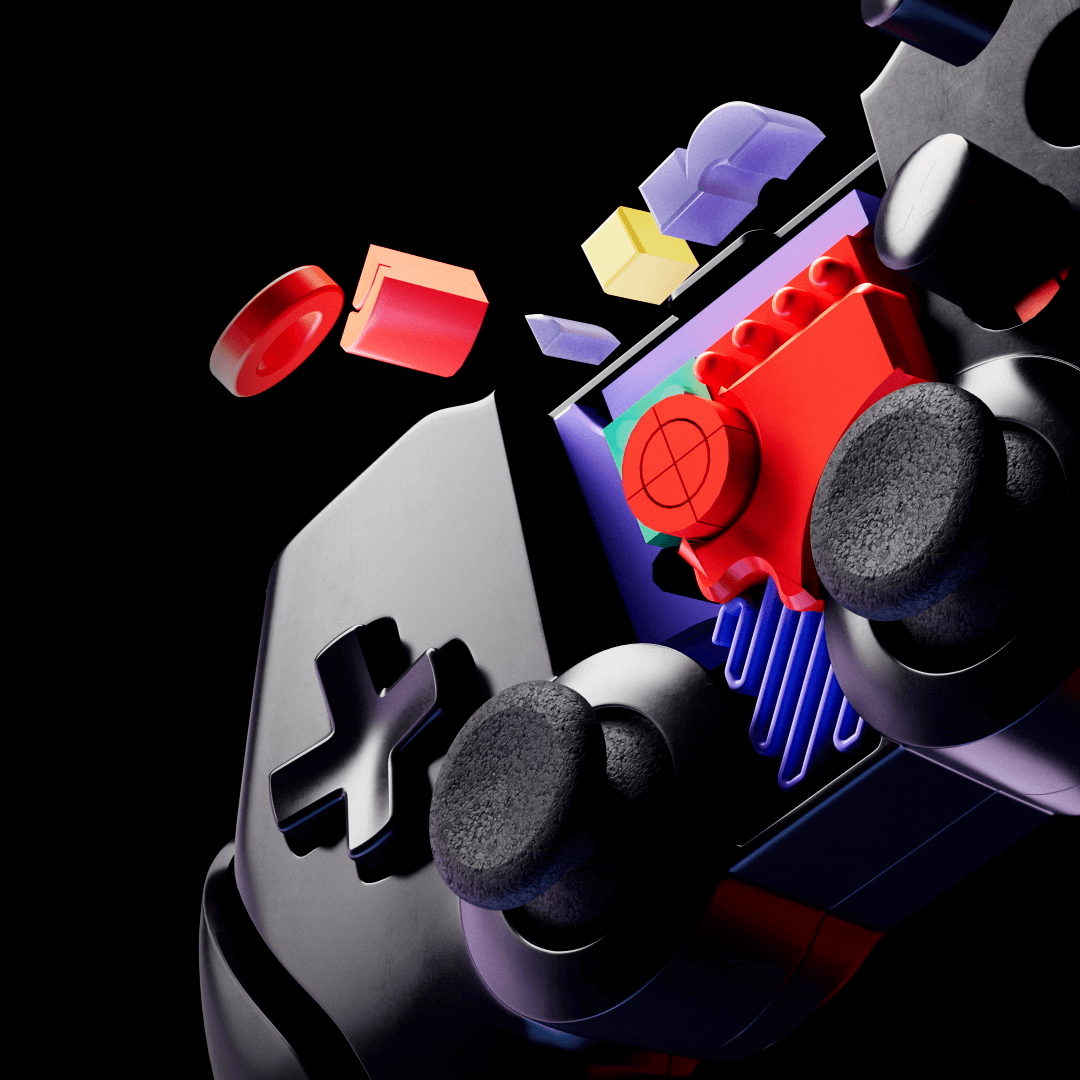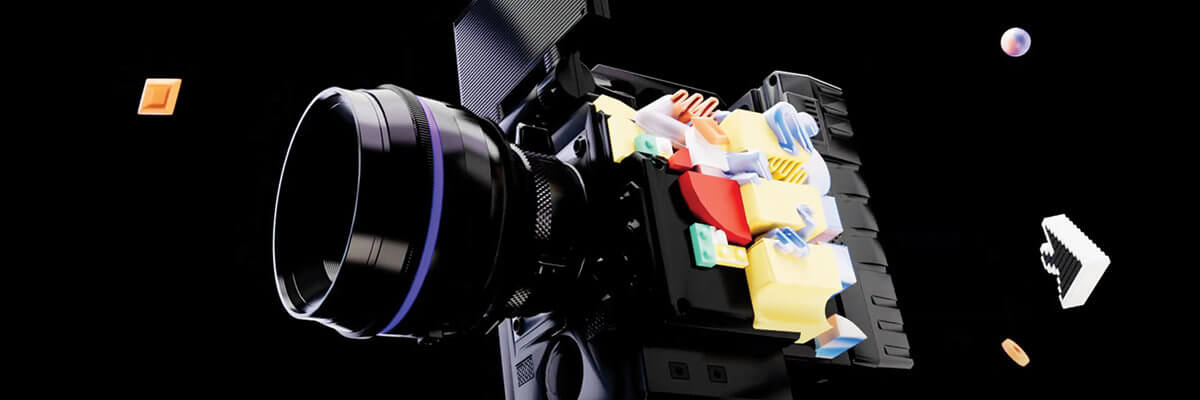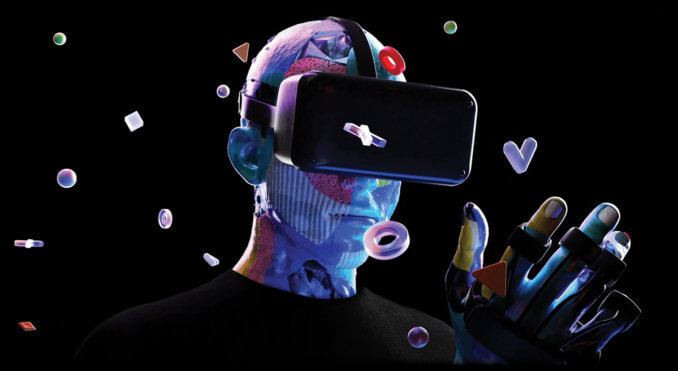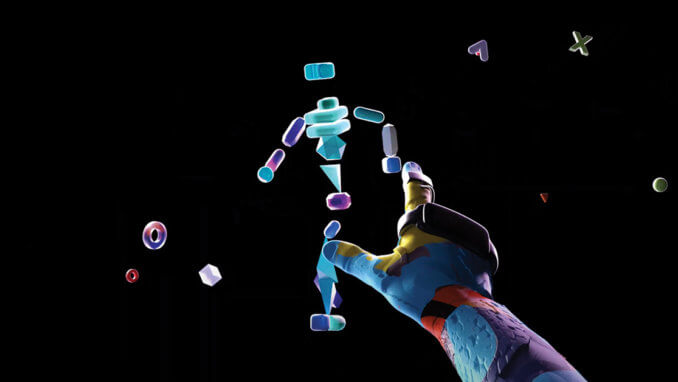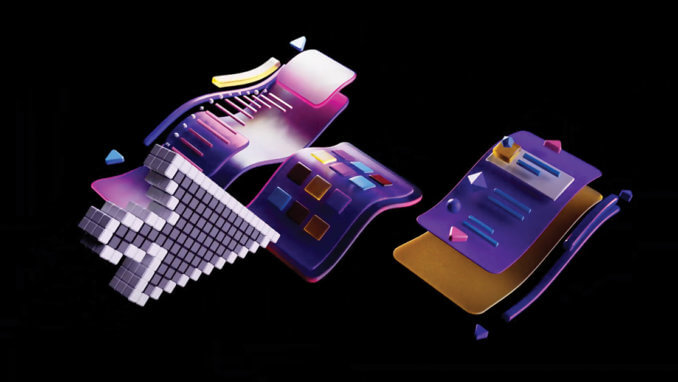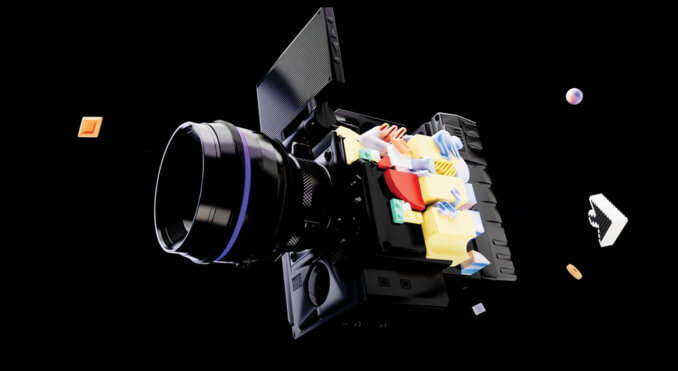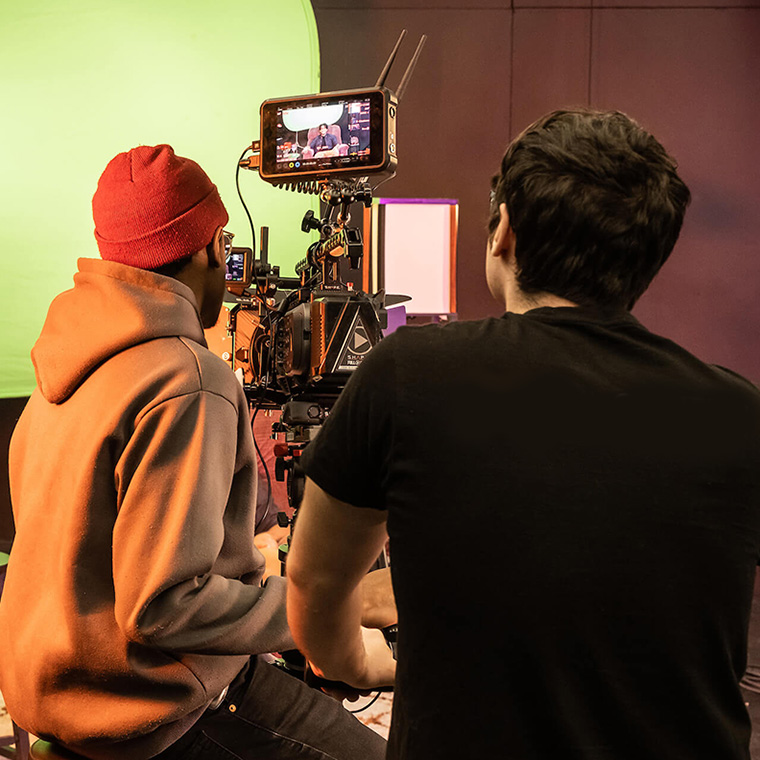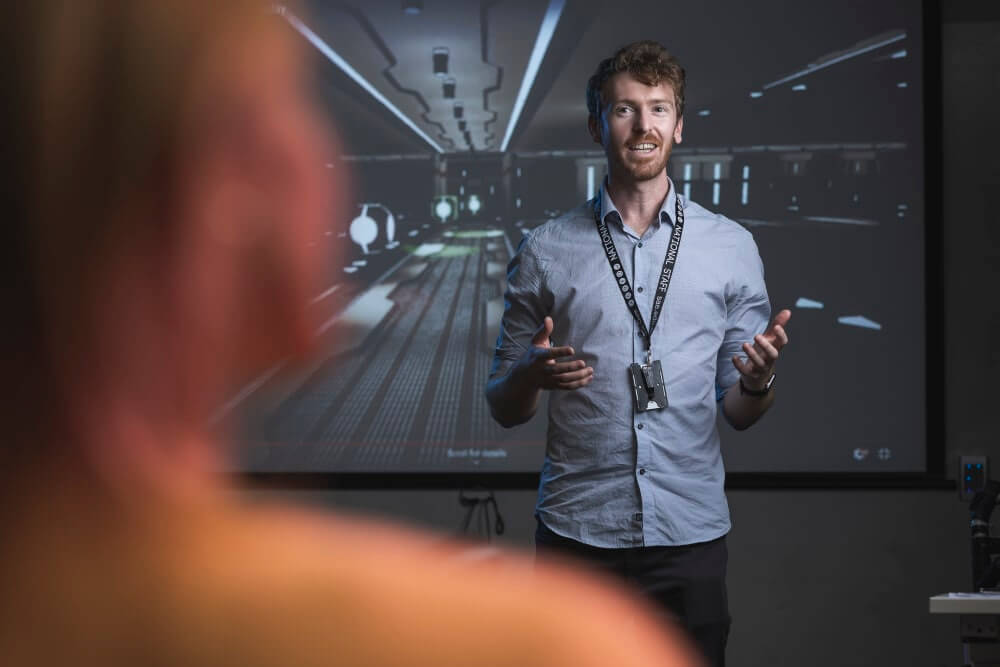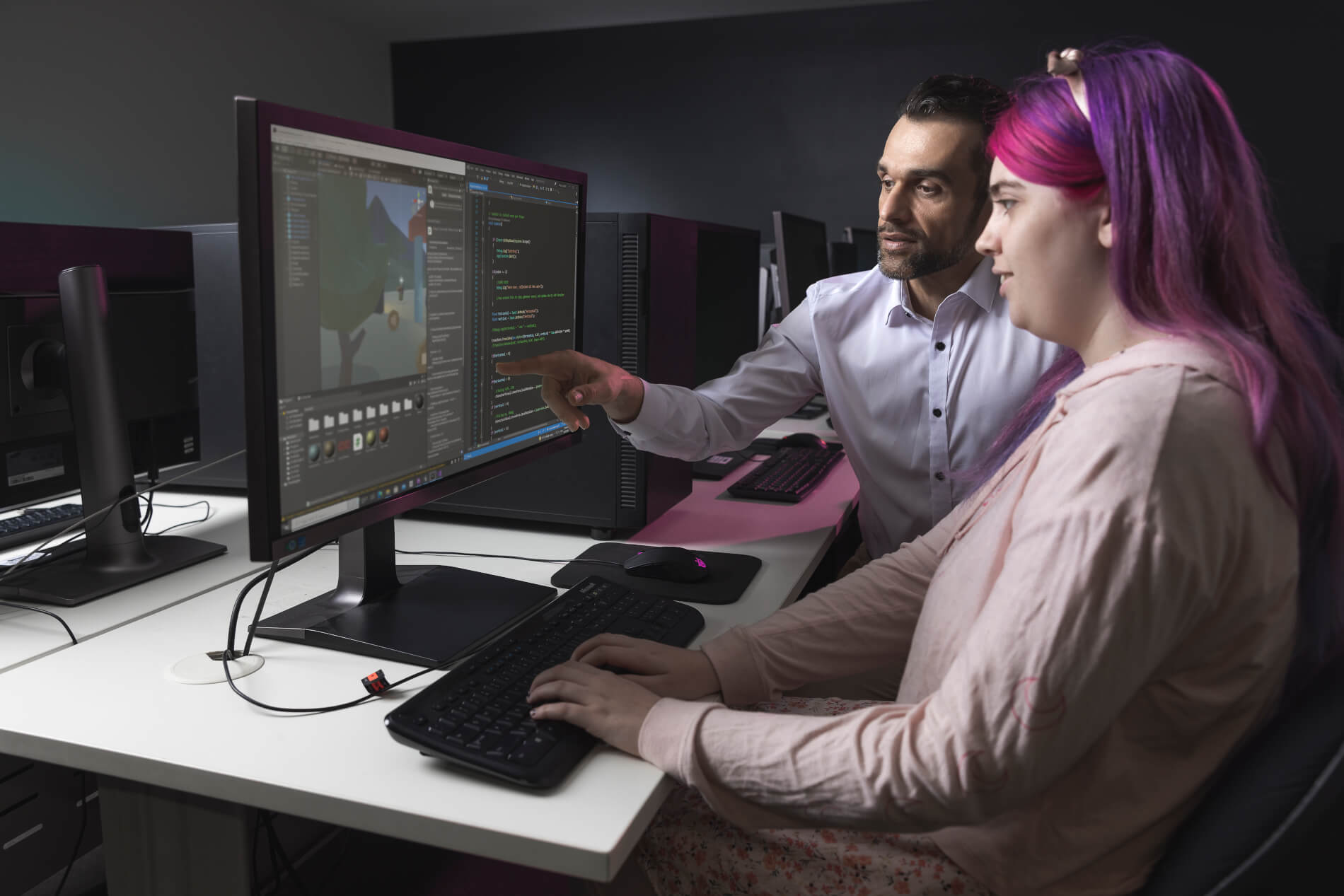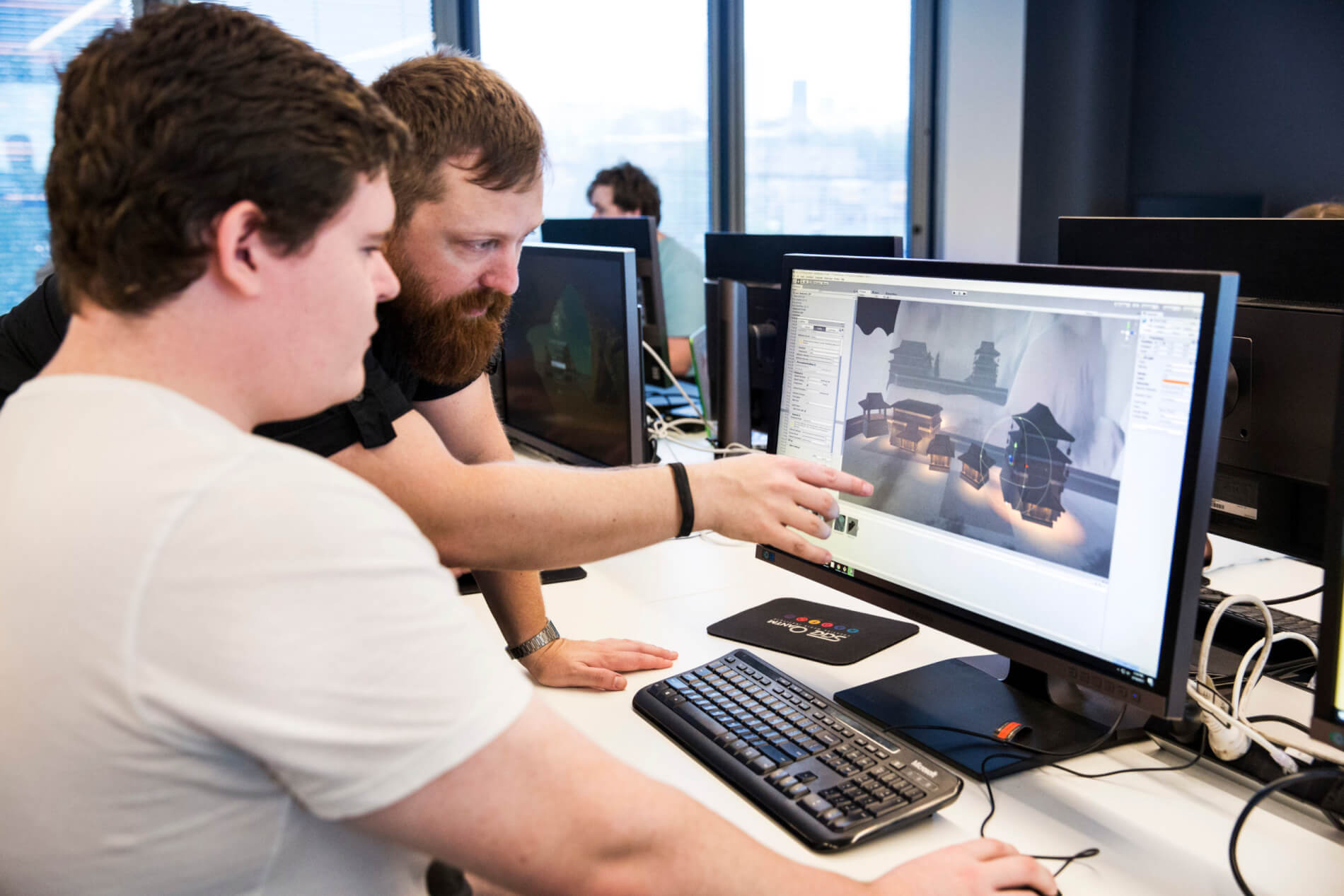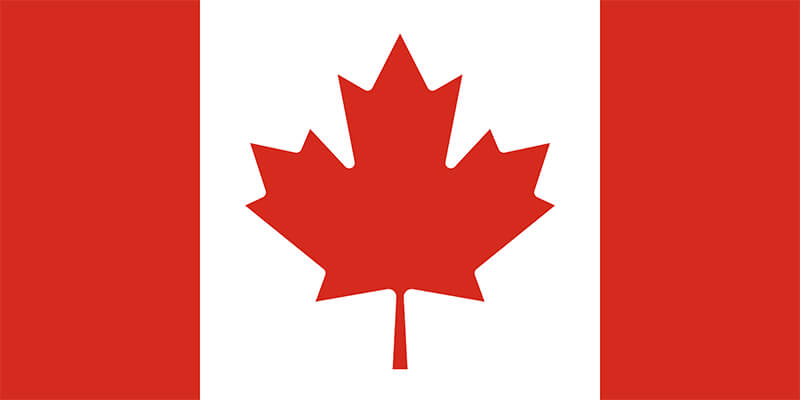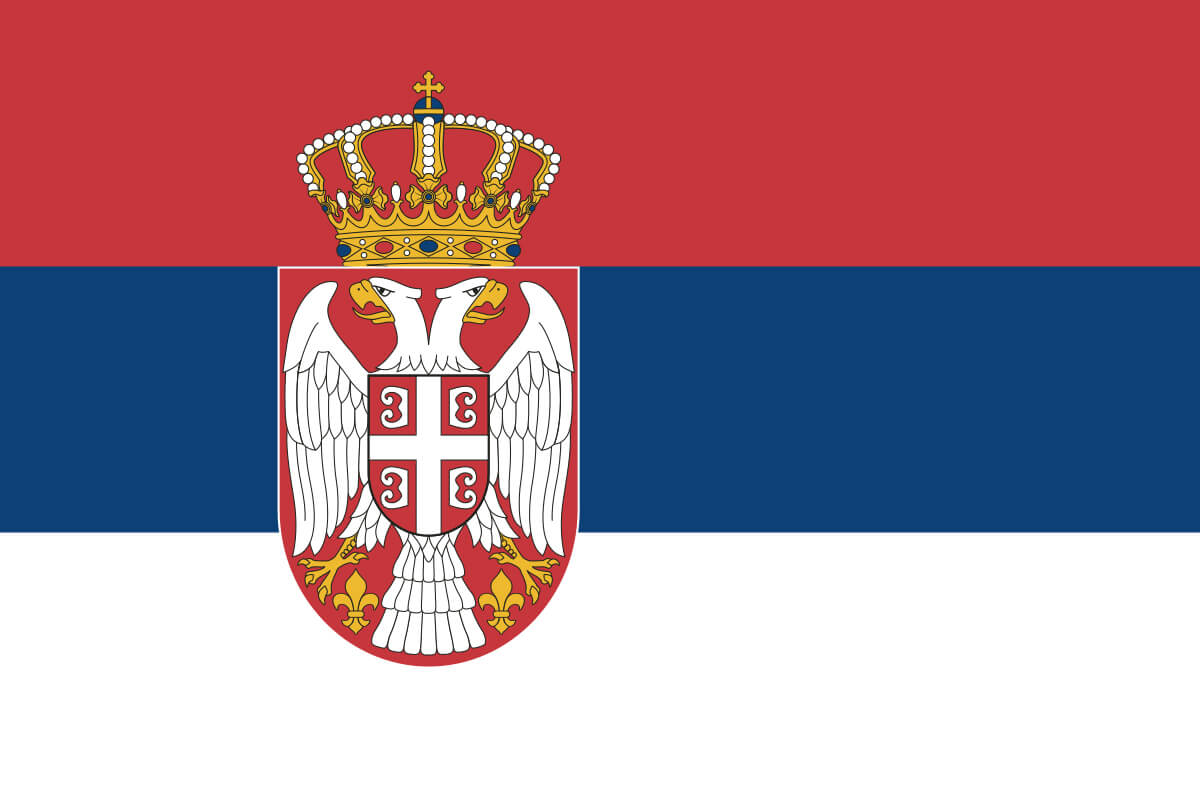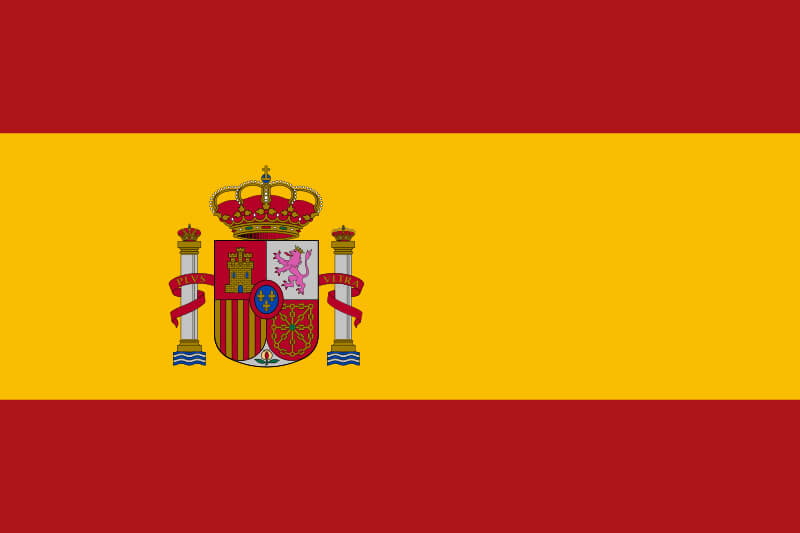Bachelor of Games Development (Games Design/Games Programming)
START YOUR CAREER AHEAD OF THE GAME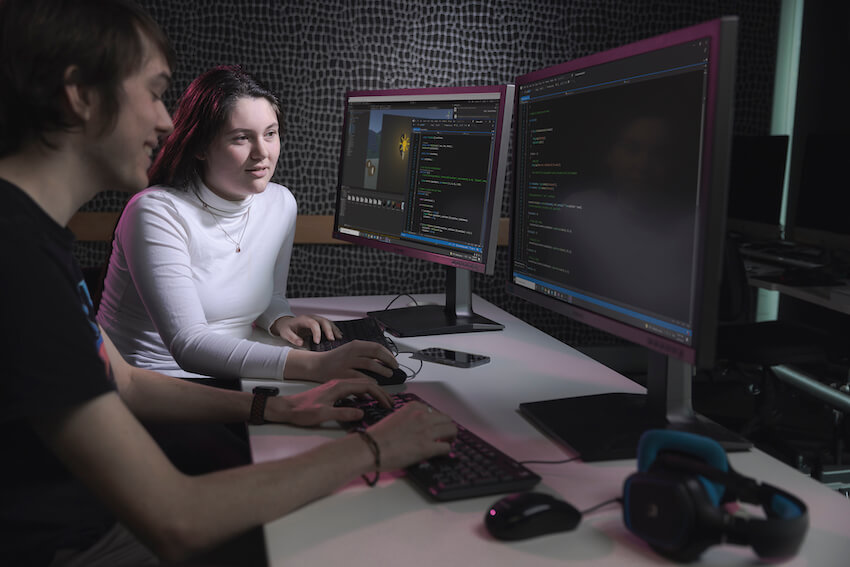
Available at
Dubai
Fees
Bachelor of Games Development (Games Design/Games Programming)
Domestic Fees
- Plan A – Yearly Payment – AED 57,960
- Plan B – Trimester Payment – AED 21,090 (3 Payments Per Year)
- Plan C – Monthly Payment – AED 7,490 (9 Payments per Year)
Bachelor of Games Development (Games Design/Games Programming)
International Fees
- Plan A – Yearly Payment – AED 57,960
- Plan B – Trimester Payment – AED 21,090 (3 Payments Per Year)
- Plan C – Monthly Payment – AED 7,490 (9 Payments per Year)
Duration(s)
8 Trimesters Full Time
Complete the program across 3 years (8 trimesters)
Bachelor of Games Development (Games Design/Games Programming)
Course Durations
8 Trimesters Full Time
Complete the program across 3 years (8 trimesters)
We understand that things can change, so you'll have the flexibility to change your study load throughout your course if you need to.
Start Date(s)
Dubai
2025 – September, Dubai
Bachelor of Games Development (Games Design/Games Programming)
Start Dates
Dubai
2025 – September, Dubai
Entry Requirements
Bachelor of Games Development (Games Design/Games Programming)
Domestic Entry Requirements
Domestic Entry Requirements
Minimum age requirements
Academic requirements
English language requirements
International English Language Testing System (IELTS): A band score of 6 or higher for a Higher Education (HE) course and 5.5 or higher for a VET course (only the Academic Test is accepted), OR
Test of English as a Foreign Language (TOEFL): A score of 550 or higher (paper based test), 60 or higher (internet based test) for a Higher Education (HE) course and a minimum score of 527 (paper based test) or 46 (internet based test) for a VET course, OR
Bachelor of Games Development (Games Design/Games Programming)
International Entry Requirements
International Entry Requirements
Minimum age requirements
Academic requirements
English language requirements
International English Language Testing System (IELTS): A band score of 6 or higher for a Higher Education (HE) course and 5.5 or higher for a VET course (only the Academic Test is accepted), OR
Test of English as a Foreign Language (TOEFL): A score of 550 or higher (paper based test), 60 or higher (internet based test) for a Higher Education (HE) course and a minimum score of 527 (paper based test) or 46 (internet based test) for a VET course, OR
YOUR CAREER IN GAMES BEGINS NOW
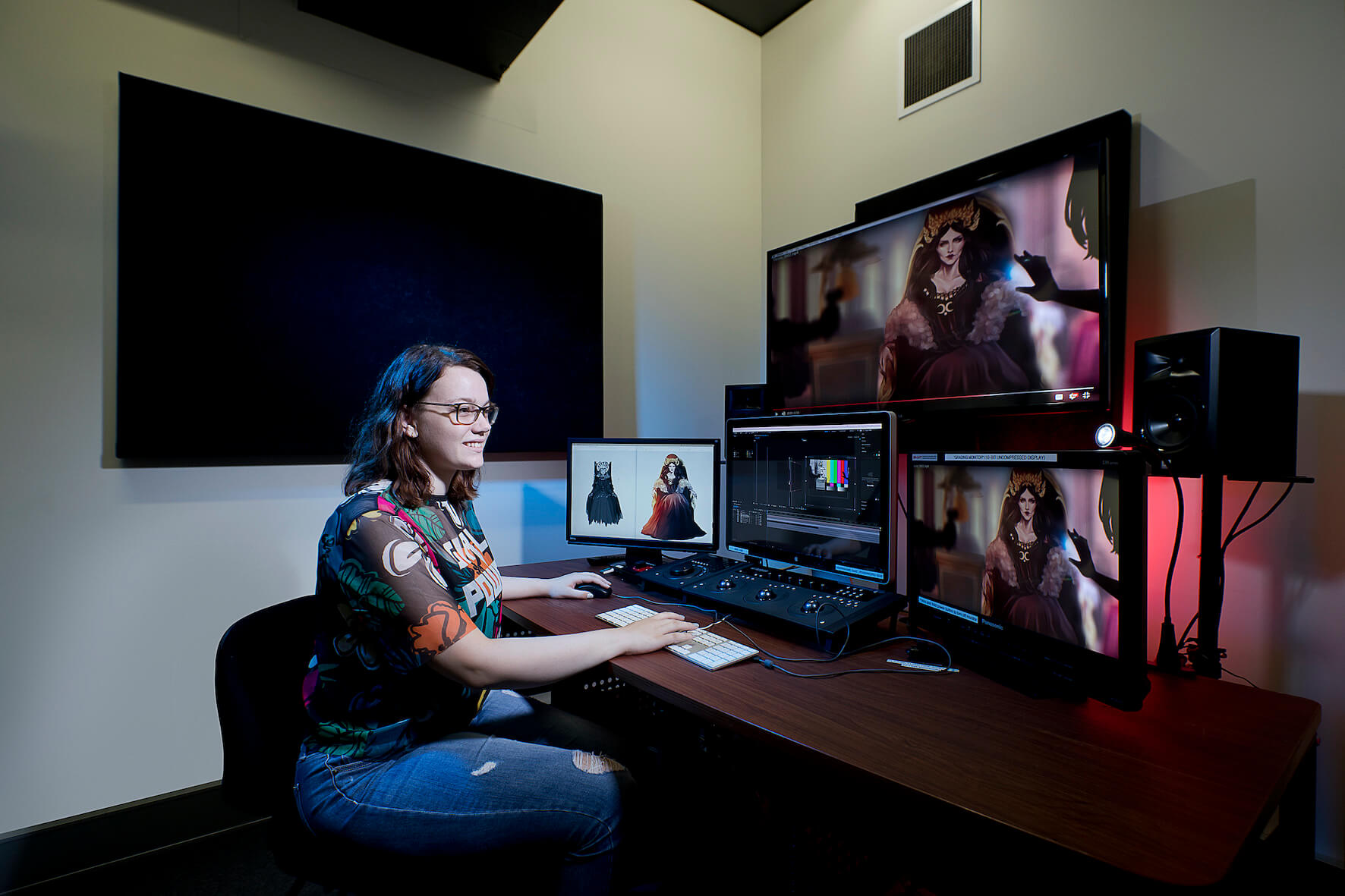
Develop advanced skills in industry-standard software packages
Unity3D, Autodesk 3D Studio Max
Practical, immersive training
All work is project-based, with no exams. Graduate with a portfolio to share with an employer or first client.
Cross discipline collaboration
Work across film, audio, and animation projects at SAE.
Expand your career
Graduate with a portfolio, work experience, employability and entrepreneurial skills and a network of fellow creatives.
Tools & Software

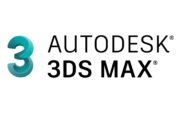

Games Development Skills
Gameplay programming
Game engine programming
Game design
C++ and C# programming language
Game engine programming
Tools development
We consult closely with industry professionals so you can expect a course that’s highly relevant and equips you with sought-after skills.




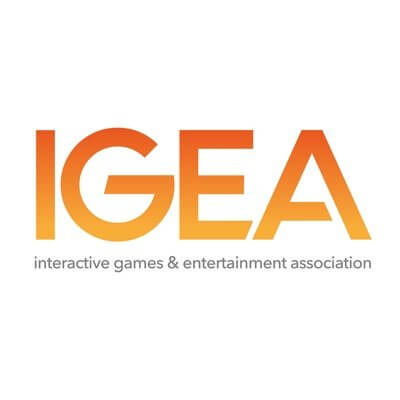






Career Outcomes
What jobs will this course lead to?
- Game Designer
- Game Economy Designer
- Level Designer
- Simulation Specialists
- Analysts
- Community Managers
- Systems Designer
- User Experience Designer
- Graphics Programmer
- Games Writer
